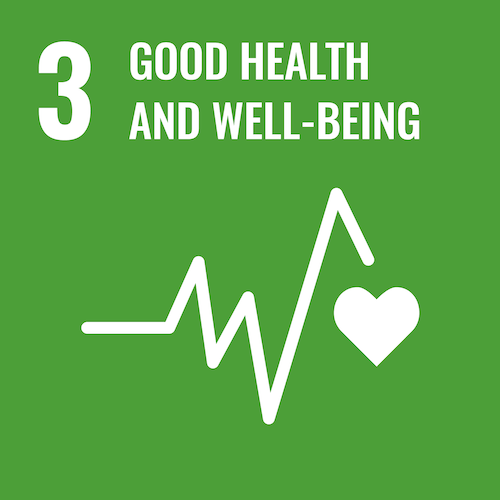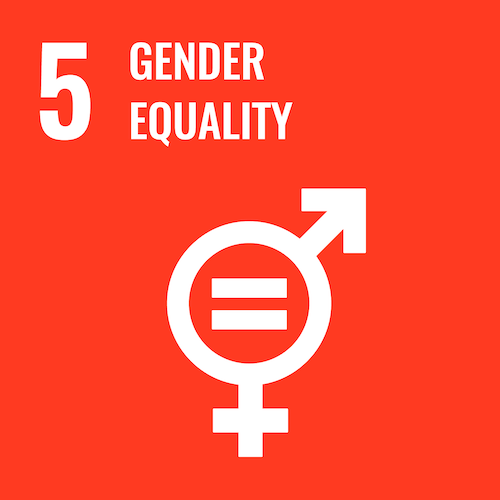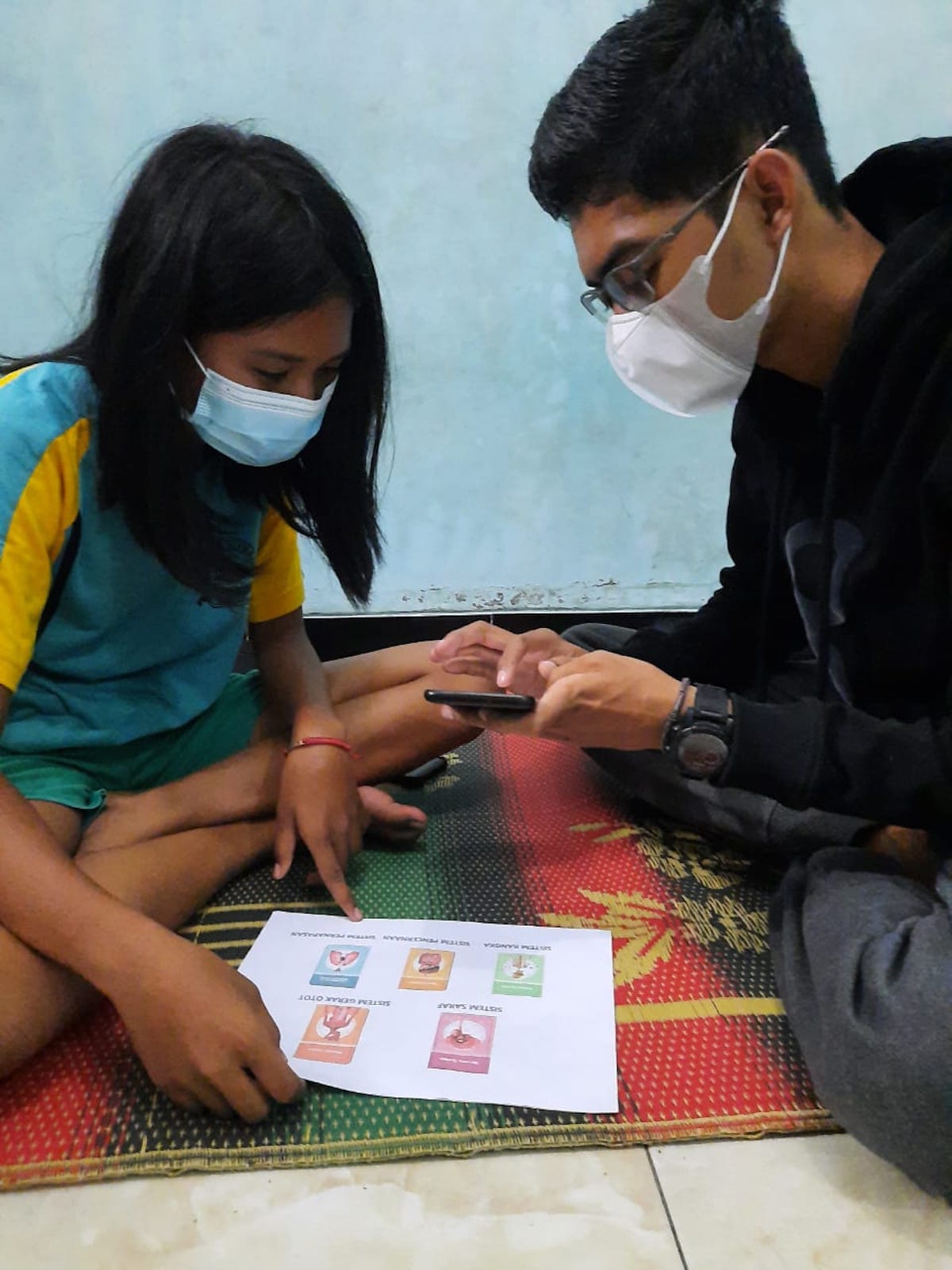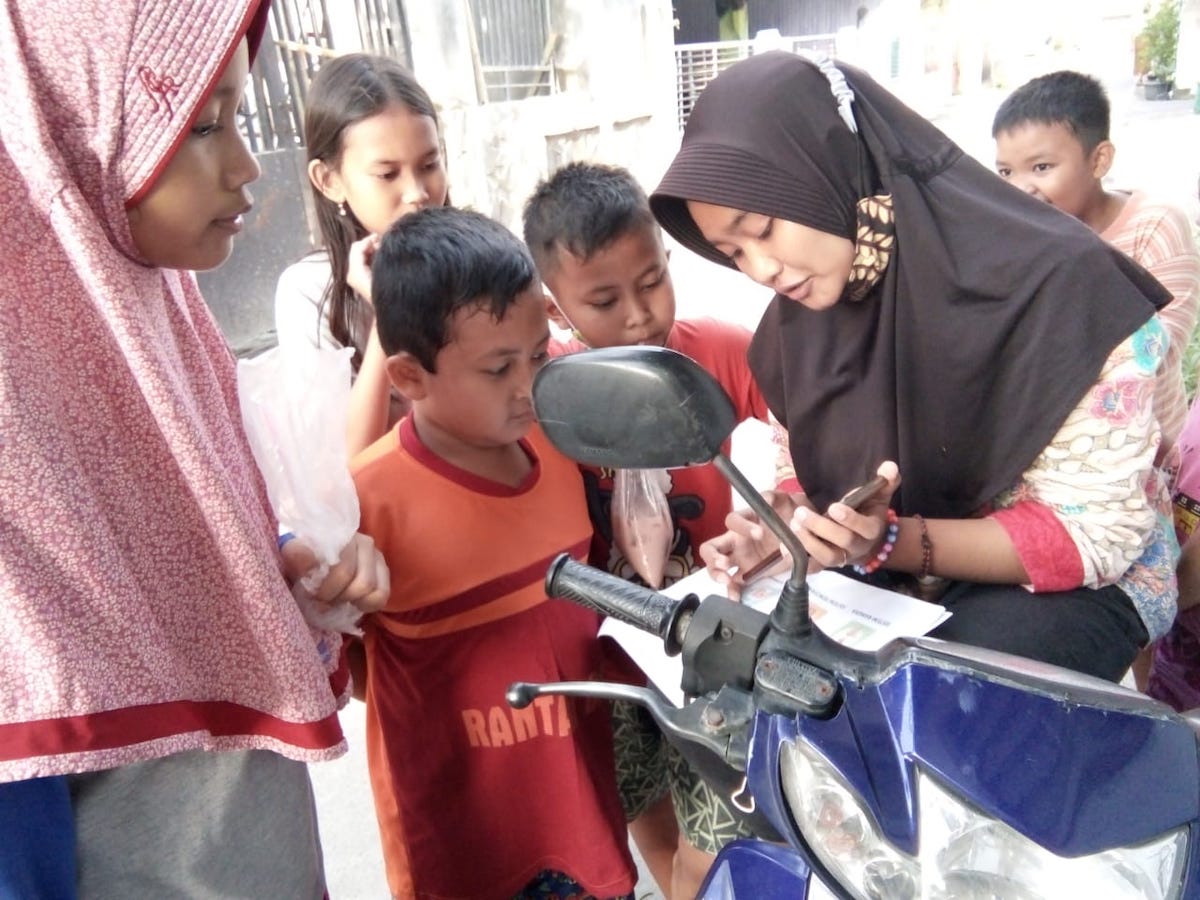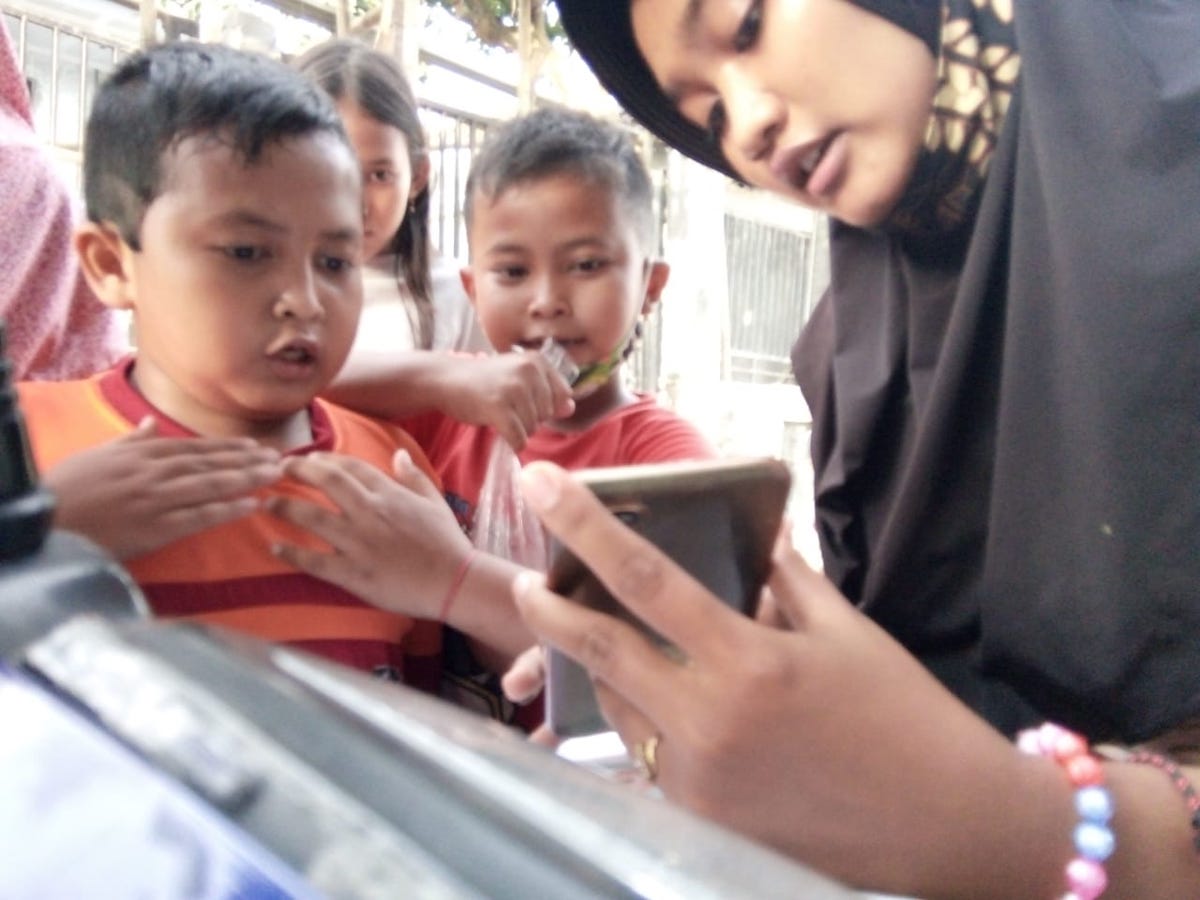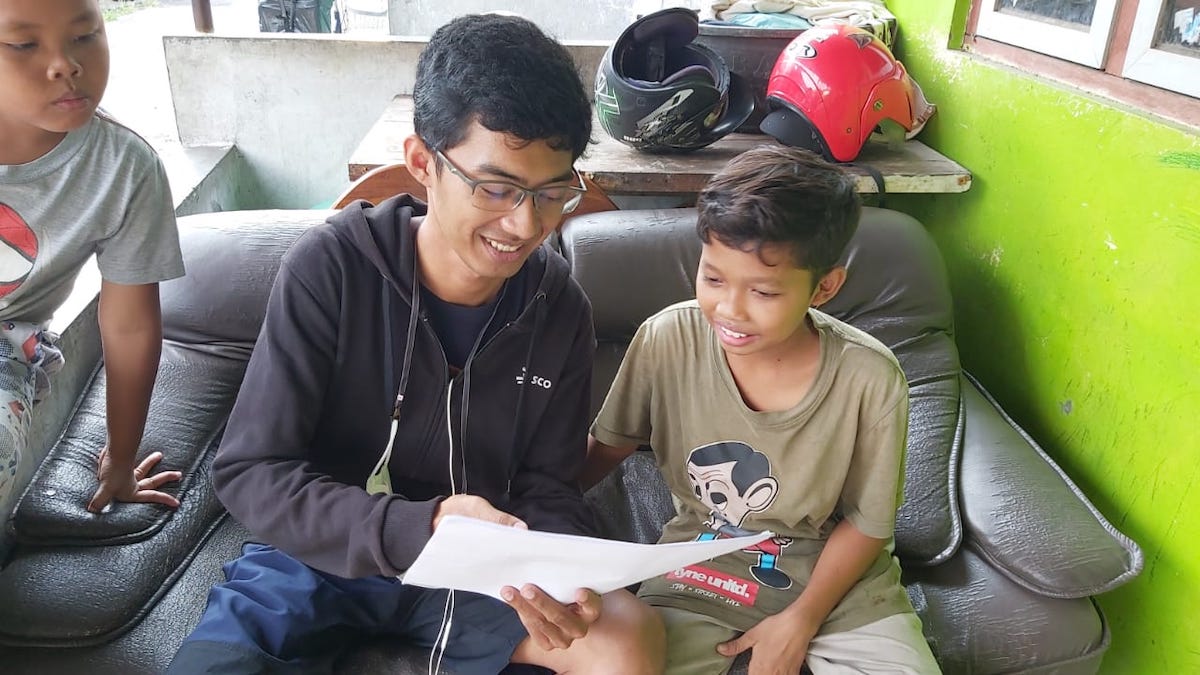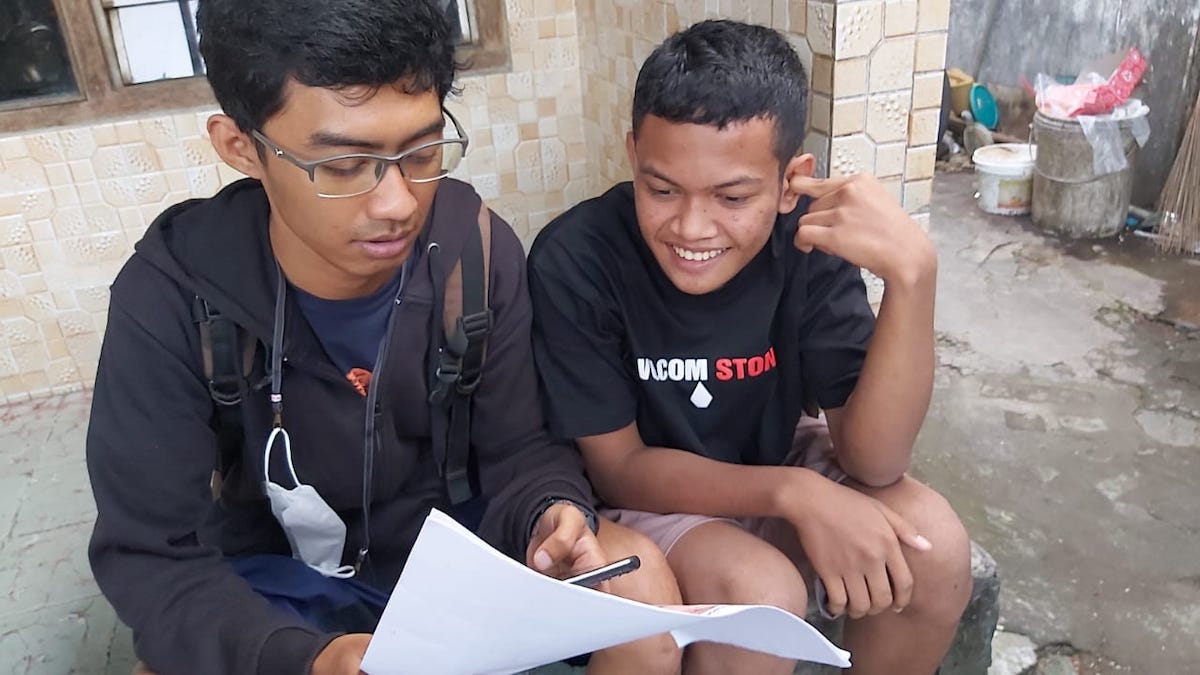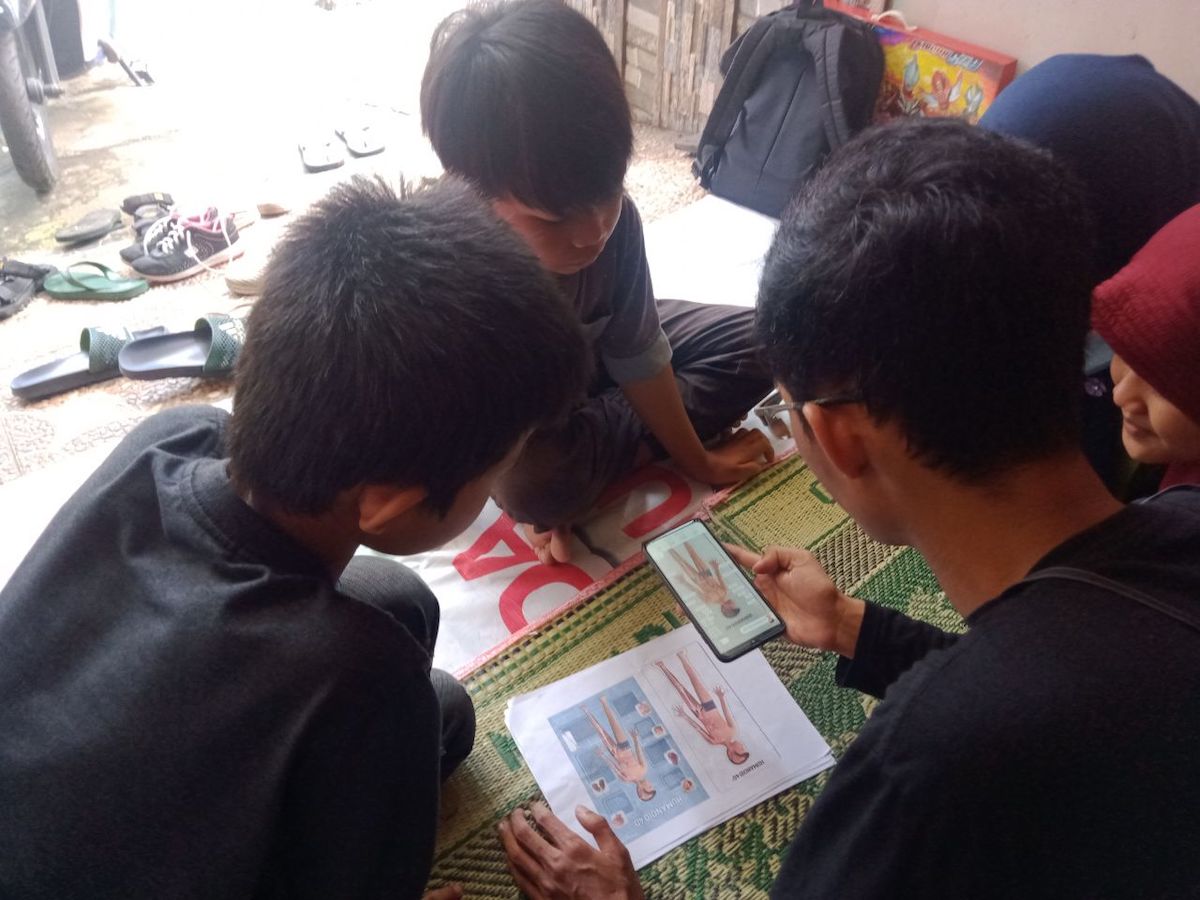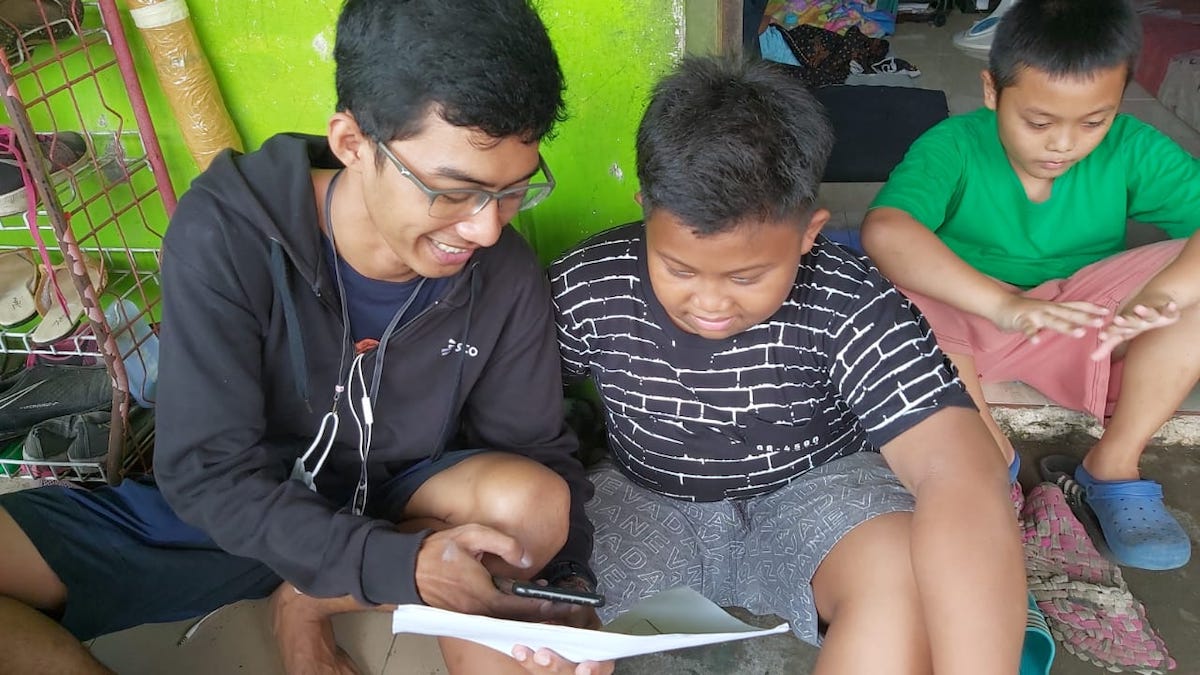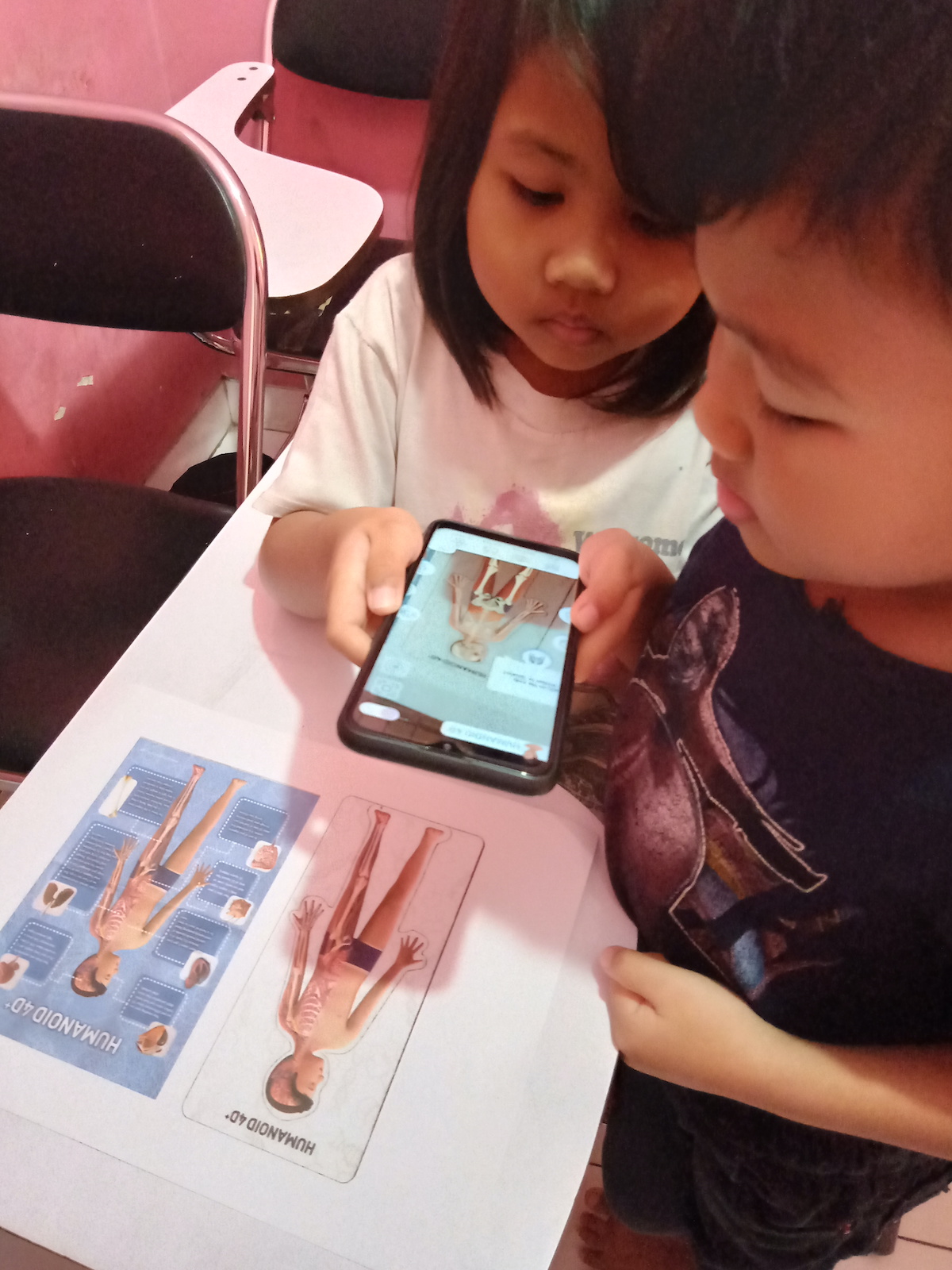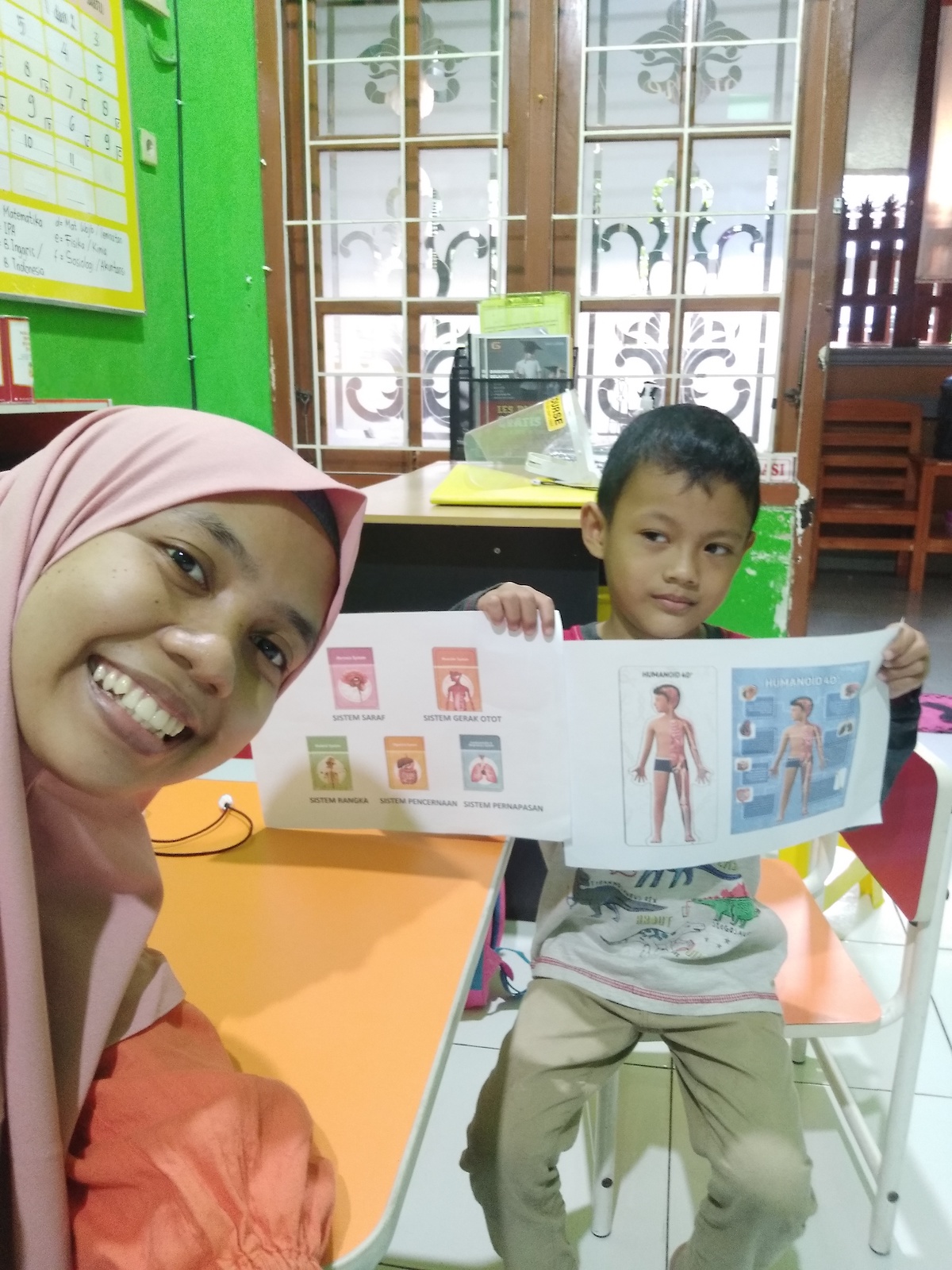Solo Mengajar
Building Resilience of Solo Mengajar NGO Volunteers and Students through Playful & Frugal Gamification Webinar Series
Case Study - Indonesia
Introduction
“Solo” is the name of the city the NGO community originates from, and “Mengajar” is a learning mentoring activity carried out by volunteers to children in the area. The main activity of Solo Mengajar is to strengthen the understanding of basic concepts in the subject matter, instill, and teach a Good Attitude and help children develop their interests and talents. The local community mentions the presence of Solo Mengajar as a Free Private Learning Service for their children who have learning difficulties.
ACES Indonesia collaborates with Solo Mengajar in disseminating playful and frugal principles in the non-formal education sector to develop children’s social resilience in learning. Solo Mengajar volunteers were appointed as ACES Ambassadors and were entitled to various information and knowledge related to playful pedagogical activities.
Due to restrictions on offline activities during the covid-19 pandemic, Training of Trainers is presented in the format of the ACES Gamification Webinar by providing knowledge and online training related to traditional games and modern games.
Target Audience
Aims & Objectives
The general aim of ACES Indonesia, in collaboration with Solo Mengajar NGO, is Building Resilience of Solo Mengajar NGO Volunteers and students through the Playful & Frugal Gamification Webinar Series representing the non-formal education sector. ACES Indonesia regularly provides training for Solo Mengajar volunteers on playful & frugal curricula, which are divided into several series. Each series taught has a very varied theme, starting from training how to use technologies such as Miro, Kahoot, Quiziz, Augmented Reality to reintroducing traditional Indonesian games such as Dakon, Bekel, Kites, etc. Therefore, it is hoped that the Solo Mengajar volunteers can apply the ACES Indonesia model, which is oriented to playful activities and uses frugal materials in accompanying student learning activities.
In addition, the ACES Indonesia Model also develops the values of the noble character of Indonesia in every playful activity carried out. For example, when teaching children about the concept of the Human Organ System with the help of Augmented Reality technology, “Religious” values are inserted about the importance of being grateful for having healthy organs as a form of embodiment of our gratitude to God. The value of “Integrity” can also be taught by explaining the importance of keeping yourself from an unhealthy lifestyle.
The learning setting is carried out together with other friends regardless of gender while conveying a message about the importance of respecting gender equality (SDG.5). Step by step, it is also explained that every child who studies seriously will contribute to the progress of the Indonesian nation in the future so that it will advance the quality of education for themselves and their country (SDG.3).
The 21st-century skill that children are trying to develop through this activity is technology literacy skill, considering that many children live in rural areas and do not have access to technology in their families. Thus, in the end, Solo Mengajar students are expected to be able to find meaning in their learning process and have good resilient social skills after going through difficult times in learning during the covid pandemic since early March 2020.
Timeline
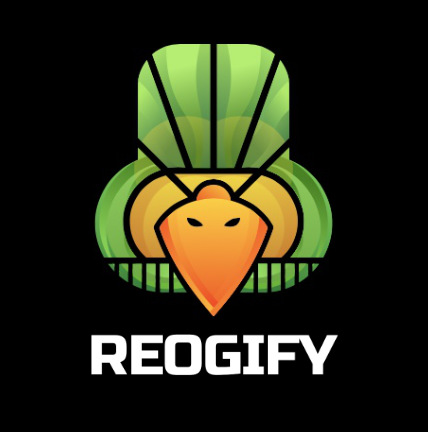
ACES Indonesia
Learn more about the activities of the Reogify ACES initiative team.
ACES Indonesia website
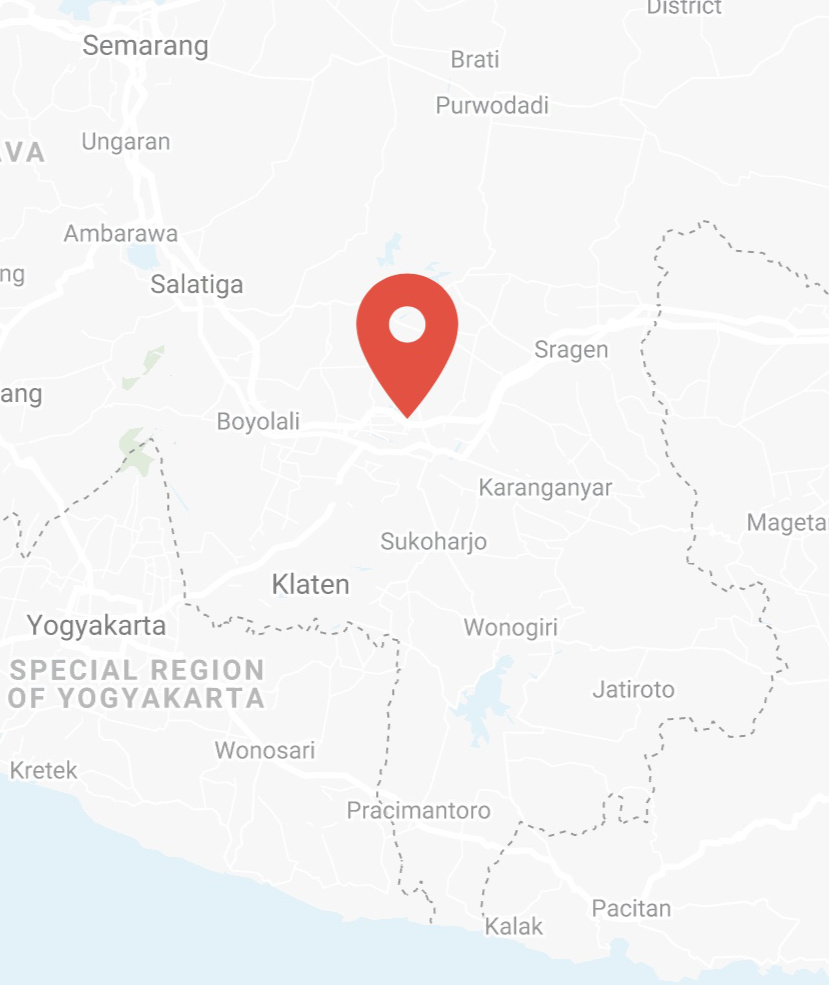
Solo Mengajar
Central Java,
Indonesia


